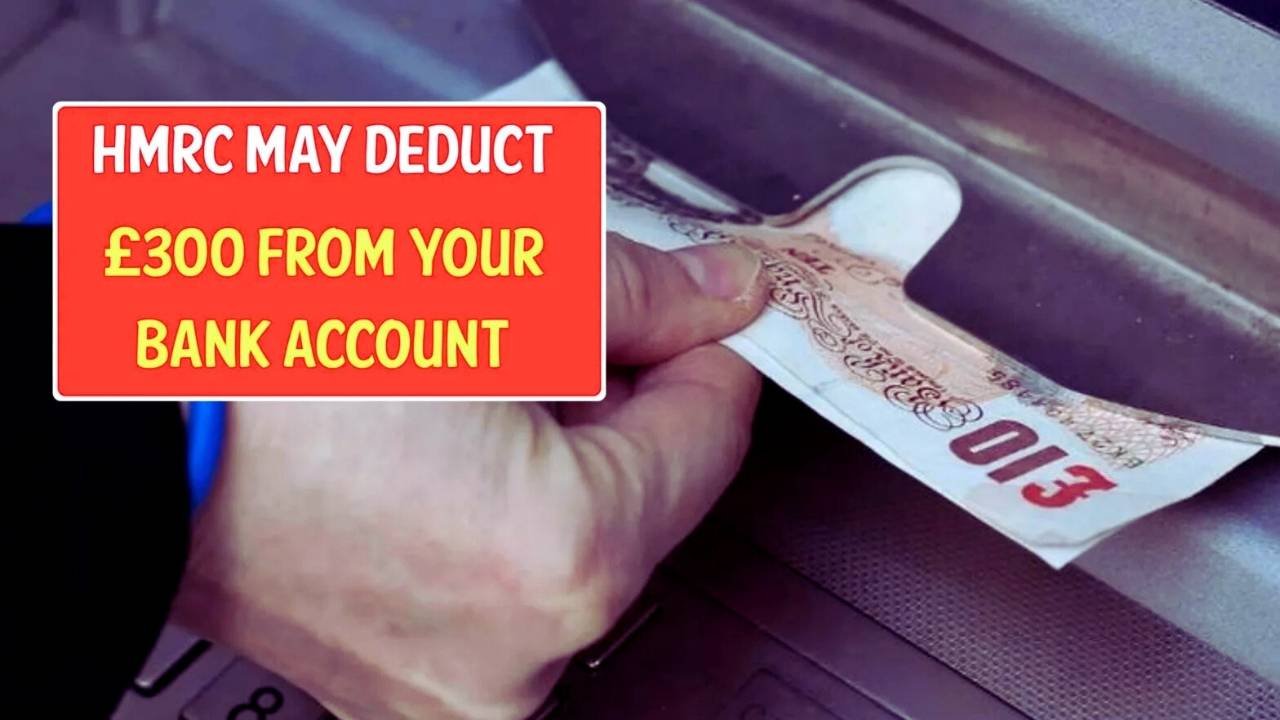HM Revenue and Customs is back with a tough move that could empty your bank account by £300 or more. The tax office has kicked off its Direct Recovery of Debts scheme again, letting them grab cash straight from your savings to pay off old tax bills. This isn’t aimed at everyone, just folks who owe at least £1,000 and keep dodging letters and calls. With money tight for many right now, this news has folks worried about surprise hits to their funds. The government says it’s fair play to chase what’s owed, but critics reckon it could push some over the edge, especially older people on fixed incomes. If you’ve had nagging notes from HMRC lately, it might be time to dig them out and sort things.
What the Direct Recovery Scheme Actually Does
This plan started back in 2015 but got paused during the tough Covid years. Now, in a test run, HMRC can tell your bank to hand over cash from your everyday account or even a cash ISA. It’s all about nabbing debts like unpaid income tax or VAT that you’ve ignored for ages. They won’t touch a penny unless you owe big and have had plenty of warnings. The idea is to scare off dodgers without bothering honest payers. But with living costs biting hard, even a £300 pull could mean skipping meals or turning down the heating. HMRC promises they’re only after those who can stump up but won’t. Still, it feels a bit like a sneak attack to many.
Who Ends Up on HMRC’s Radar
You won’t wake up to this unless you fit a strict list. First off, your debt has to top £1,000 – smaller bits like a £300 shortfall won’t trigger it. You need to have skipped multiple chats with HMRC, from phone nudges to doorstep visits. They’ll pop round in person before dipping in, to double-check it’s you and chat about paying bit by bit. If you’re skint or facing hardship, that visit is your chance to explain. Folks abroad or with frozen assets might dodge it too. But if you’re in the UK, banked up, and stonewalling, you could be next. Charities say thousands might slip through without knowing their rights, leading to unfair stress.
Here’s a quick rundown of the basics in a simple table:
| Key Trigger | What It Means |
|---|---|
| Debt Size | £1,000 or more |
| Warnings | Multiple ignored contacts |
| Safeguard | Face-to-face chat first |
How They Snatch the Cash and What It Costs You
The process kicks off with a final warning letter spelling out they’re going for your account. Your bank then freezes enough to cover the debt, plus a bit extra for costs. HMRC takes what’s owed, and you get any leftover back quick. For a £1,000 bill, they might grab that full whack, but smaller grabs like £300 could happen if that’s part of a bigger mess – think overpaid benefits clawed back. It’s all taxable too, so it might bump your next bill. The real sting? Losing control of your own money without a court say-so. Banks charge you for the hassle, adding insult to injury. If you’re on low pay, this could tip you into the red.
Your Moves to Dodge the Deduction
Don’t panic – there are outs if you act fast. Spot a dodgy debt? Appeal within 30 days, or head to county court if it’s hardship. Call HMRC pronto for a Time to Pay deal, spreading costs over months without interest. Check your tax code or self-assessment online to catch errors early. If letters pile up, get free help from TaxAid or Citizens Advice – they know the ropes. Keep an eye on your statements too; banks must warn you of freezes. And if you’re pension age, double-check winter fuel perks, as some overclaims tie into this. Sorting it now beats a shock later.
Why This Feels Like a Squeeze on Everyday Folks
With bills soaring and wages flat, HMRC’s bank raids hit where it hurts most. The tax office wants to rake in billions more by 2030, hiring extra staff to hunt debts. Fair enough for the rich evaders, but what about the mum who forgot a form amid childcare chaos? Groups like Age UK warn it could worsen fuel poverty this winter, as many elders rely on every pound. The government bangs on about safeguards, yet stories of sudden £300 dips make headlines. It’s a reminder: stay on top of post, or risk the taxman’s long arm. If you’re skint, shout early – silence just makes it worse. In these hard times, a bit more kindness from HMRC wouldn’t go amiss.
